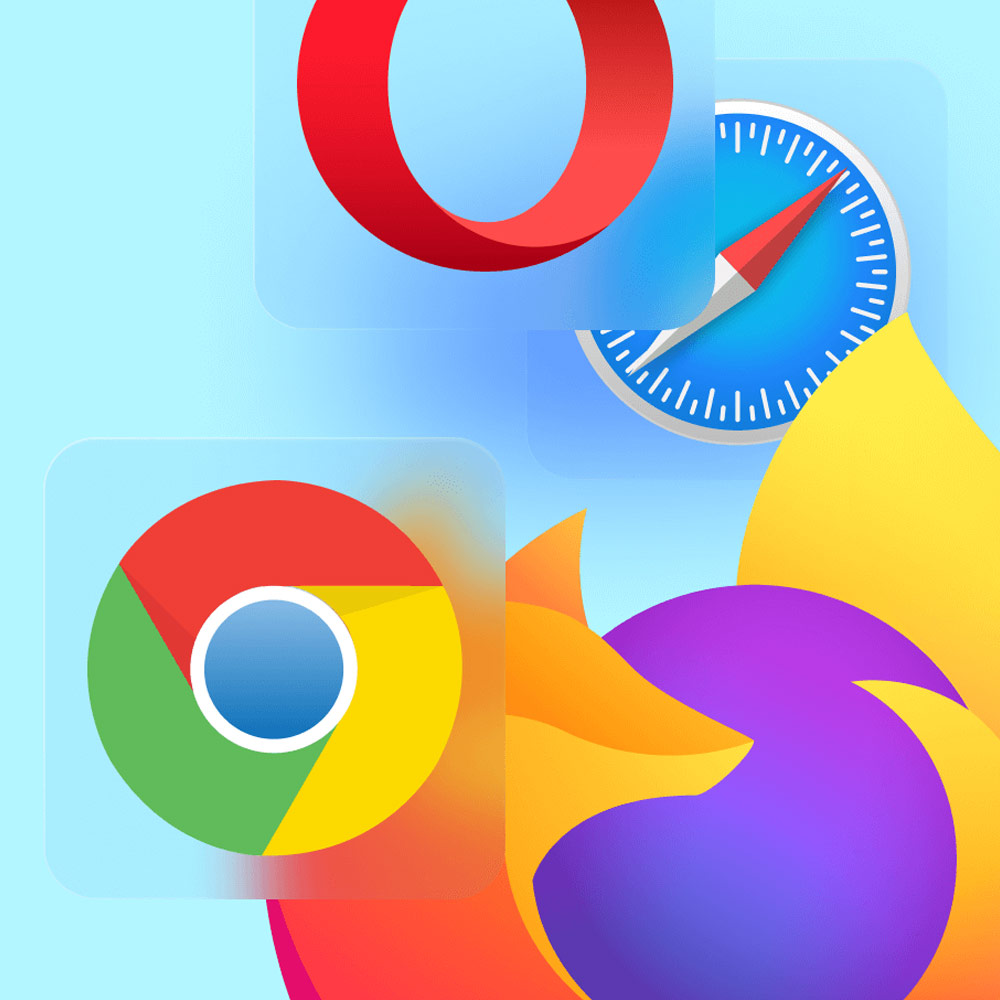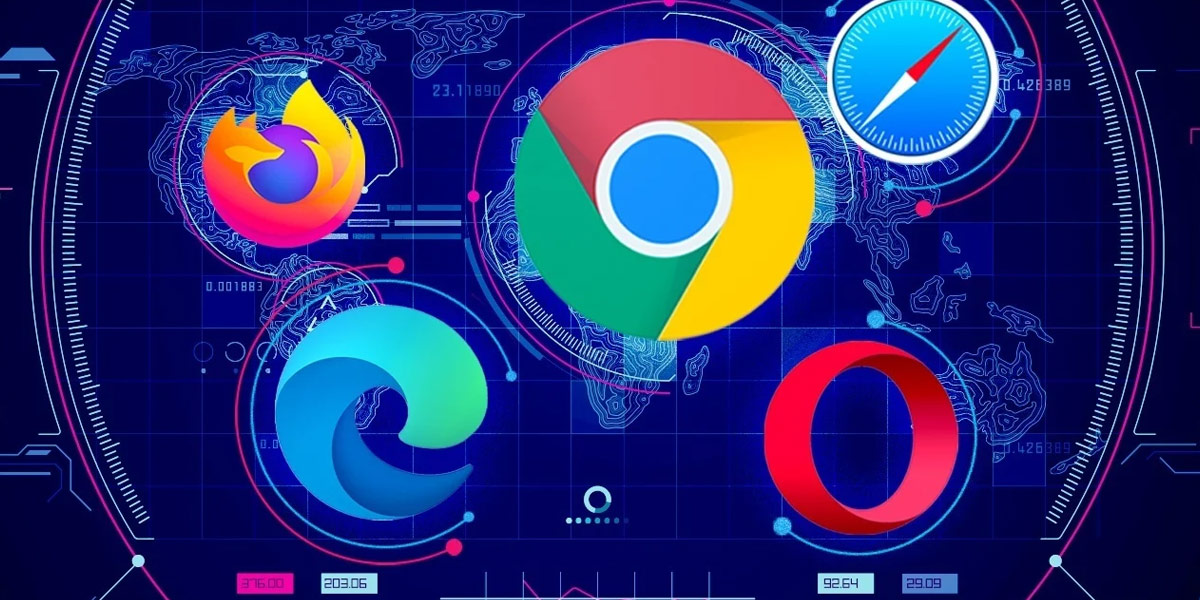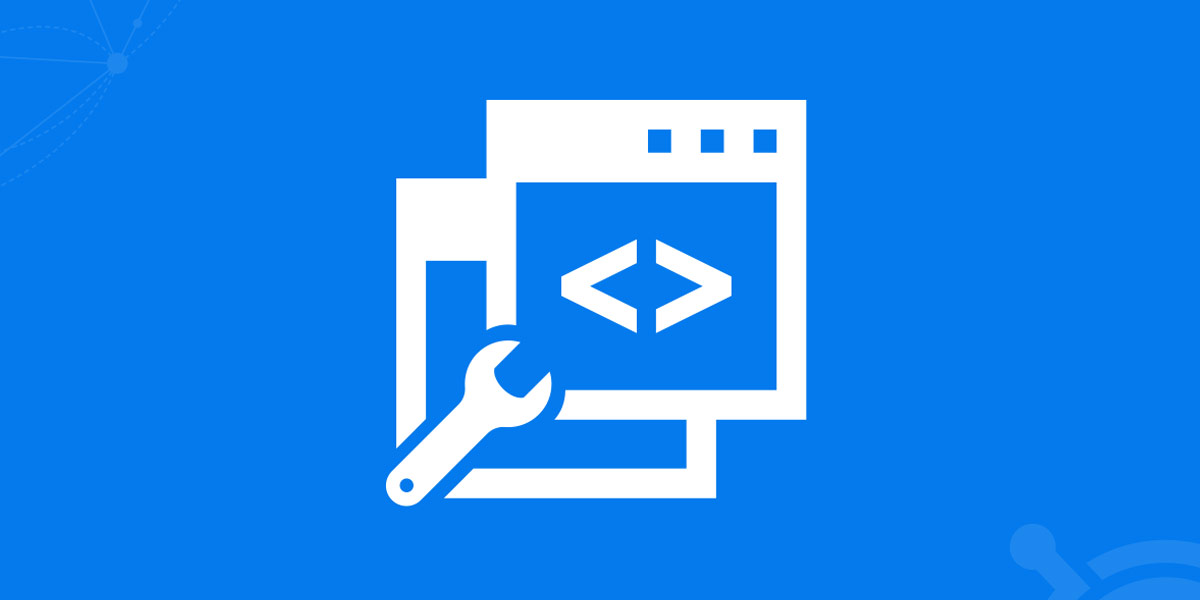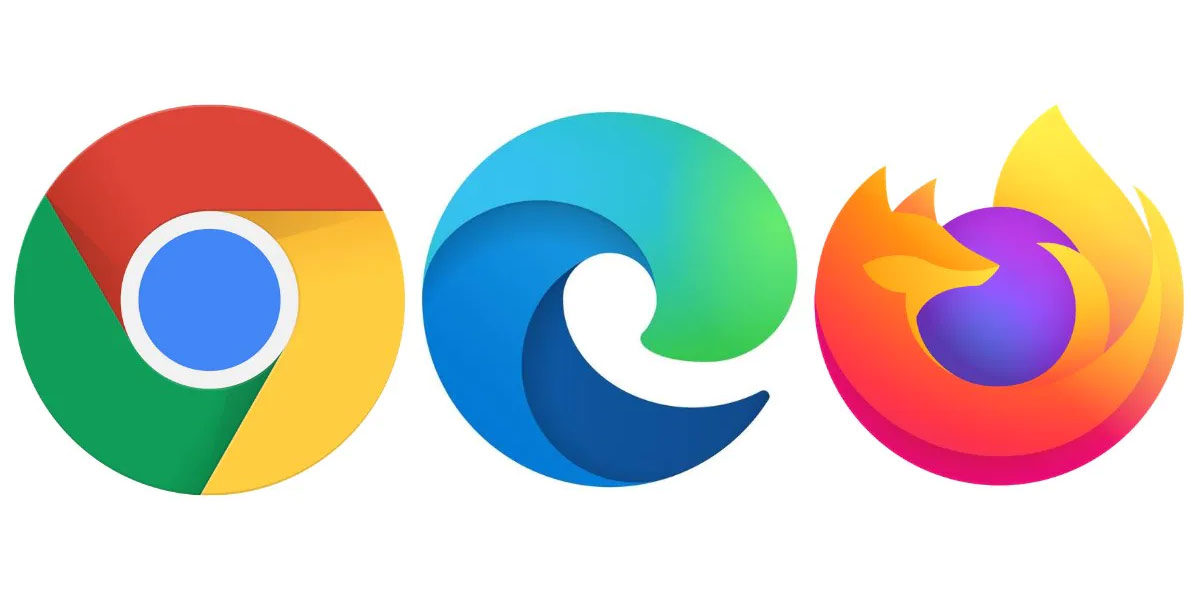
Web development has evolved significantly over the years, and so has the technology powering it. As a web developer, you need the best tools to develop and test your applications. One such tool is a web browser, and there are several options available in the market. Choosing the right browser can make a significant difference in your productivity and the quality of your work. In this article, we will discuss the best browsers for web developers in 2023.

The Best Browsers for Web Developers – Introduction
The Best Browsers for Web Developers
The browser is the gateway to the internet and plays a crucial role in web development. It is the primary tool for testing web applications and ensuring they work on different devices and platforms. A browser with developer-friendly features can help you save time, streamline your workflow, and improve the overall quality of your work. In this article, we will explore the best browsers for web developers in 2023.
Criteria for Selecting the Best Browser for Web Developers
Choosing the best browser for web development can be challenging as there are several factors to consider. However, some essential criteria can help you narrow down your options. These criteria include:
Developer Tools
Developer tools are an integral part of any web browser. They help developers debug and troubleshoot web applications. The best browsers for web developers should have comprehensive developer tools that provide a range of features such as real-time editing, code profiling, and performance testing.
Compatibility
Compatibility is critical for web developers. The browser you choose should be compatible with different devices, platforms, and operating systems. It should also support different web technologies, including HTML, CSS, and JavaScript.
Speed
Speed is essential for any browser. A fast browser can help you save time and improve your productivity. The best browsers for web developers should be fast, responsive, and provide quick access to developer tools.
Customization
Customization is another essential factor to consider. A browser with a wide range of customization options can help you personalize your workflow and streamline your development process.
Security
Security is critical for web developers. The browser you choose should provide robust security features, including protection against malware, phishing, and other online threats.

The Best Browsers Web Developers – Criteria for Selecting the Best Browser for Web Developers
Top 7 of The Best Browsers for Web Developers
Google Chrome
Google Chrome is one of the most popular browsers in the world and is a favourite among web developers. It has an intuitive user interface and comes with several developer-friendly features. Chrome’s developer tools are comprehensive and provide a range of features, including real-time editing, code profiling, and performance testing. Chrome also supports a wide range of web technologies, including HTML, CSS, and JavaScript.
Chrome’s speed is impressive, and it performs well even when you have multiple tabs open. Chrome also offers a wide range of customization options, including extensions and themes. However, Chrome’s security features have been a concern in recent years, with reports of data privacy breaches.
| Pros | Cons |
|---|---|
| Fast and reliable browsing | Resource-intensive, leading to high memory and CPU usage. |
| Wide range of extensions and add-ons | Privacy concerns, with data collection and tracking. |
| Google account integration | Limited customization options. |
| Easy-to-use interface |
Mozilla Firefox
Mozilla Firefox is another popular browser among web developers. It has a clean user interface and comes with a range of developer-friendly features. Firefox’s developer tools are comprehensive and provide a range of features, including real-time editing, code profiling, and performance testing. Firefox also supports a wide range of web technologies, including HTML, CSS, and JavaScript.
Firefox’s speed has improved significantly in recent years, and it performs well even when you have multiple tabs open. Firefox also offers a range of customization options, including extensions and themes. Firefox’s security features are robust, and it has a range of privacy settings to protect your data.
| Pros | Cons |
|---|---|
| Open-source software | Slower than other browsers. |
| Strong privacy protections | Add-ons and extensions may not be as varied as Chrome. |
| Wide range of add-ons and customization | Can have high memory usage. |
| Multi-platform support |
Safari
Safari is the default browser on macOS and iOS devices and is a popular choice among web developers. It has a clean and intuitive user interface and comes with several developer-friendly features. Safari’s developer tools are comprehensive and provide a range of features, including real-time editing, code profiling, and performance testing. Safari also supports a wide range of web technologies, including HTML, CSS, and JavaScript.
Safari’s speed is impressive, and it performs well even when you have multiple tabs open. Safari also offers a range of customization options, including extensions and themes. However, Safari’s compatibility with non-Apple devices and platforms can be an issue for web developers.
| Pros | Cons |
|---|---|
| Fast browsing and page loading | Limited customization options. |
| Built-in privacy features | Limited add-on support. |
| Energy-efficient and optimized for Apple devices | Not available for Windows or other operating systems. |
| Integration with other Apple products |
Microsoft Edge
Microsoft Edge is the default browser on Windows 10 and is a popular choice among web developers. It has a clean user interface and comes with several developer-friendly features. Edge’s developer tools are comprehensive and provide a range of features, including real-time editing, code profiling, and performance testing. Edge also supports a wide range of web technologies, including HTML, CSS, and JavaScript.
Edge’s speed is impressive, and it performs well even when you have multiple tabs open. Edge also offers a range of customization options, including extensions and themes. Edge’s security features are robust, and it has a range of privacy settings to protect your data.
| Pros | Cons |
|---|---|
| Fast and efficient browsing | Limited extension library. |
| Strong security and privacy features | Can use a lot of memory. |
| Integration with Microsoft services | |
| Built-in tools for web development |
Opera
Opera is a lesser-known browser, but it is a popular choice among web developers. It has a clean and intuitive user interface and comes with several developer-friendly features. Opera’s developer tools are comprehensive and provide a range of features, including real-time editing, code profiling, and performance testing. Opera also supports a wide range of web technologies, including HTML, CSS, and JavaScript.
Opera’s speed is impressive, and it performs well even when you have multiple tabs open. Opera also offers a range of customization options, including extensions and themes. Opera’s security features are robust, and it has a range of privacy settings to protect your data.
| Pros | Cons |
|---|---|
| Fast browsing with a built-in ad blocker | Limited extension library. |
| Energy-saving mode | Can use a lot of memory. |
| Easy customization options | Not as widely used as other browsers and may not work with all websites. |
| Free built-in VPN |
Vivaldi
Vivaldi is a browser designed for power users and is a popular choice among web developers. It has a clean and intuitive user interface and comes with several developer-friendly features. Vivaldi’s developer tools are comprehensive and provide a range of features, including real-time editing, code profiling, and performance testing. Vivaldi also supports a wide range of web technologies, including HTML, CSS, and JavaScript.
Vivaldi’s speed is impressive, and it performs well even when you have multiple tabs open. Vivaldi also offers a wide range of customization options, including extensions and themes. Vivaldi’s security features are robust, and it has a range of privacy settings to protect your data.
| Pros | Cons |
|---|---|
| Highly customizable interface | Can be slow and resource-intensive. |
| Built-in features for power users | Limited extension library. |
| Fast browsing with a built-in ad blocker | Not as widely used as other browsers and may not work with all websites. |
| Built-in tools for web development |
Brave
Brave is a privacy-focused browser and is a popular choice among web developers. It has a clean and intuitive user interface and comes with several developer-friendly features. Brave’s developer tools are comprehensive and provide a range of features, including real-time editing, code profiling, and performance testing. Brave also supports a wide range of web technologies, including HTML, CSS, and JavaScript.
Brave’s speed is impressive, and it performs well even when you have multiple tabs open. Brave also offers a range of customization options, including extensions and themes. Brave’s security features are robust, and it has a range of privacy settings to protect your data.
| Pros | Cons |
|---|---|
| Built-in ad and tracker blocking | Limited extension library. |
| Fast browsing with optimized data usage | May have compatibility issues with certain websites or web apps. |
| High level of privacy and security features | |
| Ability to earn cryptocurrency rewards |

The Best Browsers for Web Developers – Top 7
Conclusion
Choosing the right browser can make a significant difference in your productivity and the quality of your work as a web developer. In this article, we have discussed the best browsers for web developers in 2023. Google Chrome, Mozilla Firefox, Safari, Microsoft Edge, Opera, Vivaldi, and Brave are all excellent options, and you should choose the one that best suits your needs.
FAQs
What is the best browser for web development?
There is no single “best” browser for web development, as different developers have different preferences and needs. However, some of the most popular browsers among developers include Google Chrome, Mozilla Firefox, Safari, and Microsoft Edge.
What are some important features to look for in a browser for web development?
Some important features to look for in a browser for web development include comprehensive developer tools, support for a wide range of web technologies, customization options, speed, and security features.
Can I use multiple browsers for web development?
Yes, you can use multiple browsers for web development. Many developers prefer to use multiple browsers to test their websites and ensure compatibility across different platforms.
What are some popular browser extensions for web development?
Some popular browser extensions for web developers include the Web Developer extension for Google Chrome and Firefox, the ColorZilla extension for Chrome and Firefox, and the Firebug extension for Firefox.
Are there any new browsers coming out that are specifically designed for web development?
There are always new browsers being developed, but there are currently no major new browsers specifically designed for web development. However, some existing browsers, such as Vivaldi, are designed with power users and developers in mind and may be worth checking out.
How can I optimize my browser for web development?
To optimize your browser for web development, make sure you have the latest version installed, enable developer tools and extensions, and customize settings to suit your needs.
Is it necessary to test my website on multiple browsers?
Yes, it is necessary to test your website on multiple browsers to ensure cross-browser compatibility and optimal user experience.
Can I develop websites using a mobile browser?
While it is possible to develop websites using a mobile browser, it may not be the most efficient or effective option. Mobile browsers have limited screen real estate, and may not offer the same level of functionality as desktop browsers.
How can I improve the performance of my browser for web development?
To improve the performance of your browser for web development, try disabling unnecessary extensions, clearing your cache and cookies, and upgrading your hardware.
What should I do if I encounter compatibility issues with a specific browser?
If you encounter compatibility issues with a specific browser, try to identify the problem and develop a solution that works for that browser. Consider using browser-specific CSS or JavaScript code, or using a cross-browser compatibility testing tool to identify and address issues.

With over two decades of web design and development expertise, I craft bespoke WordPress solutions at FallingBrick, delivering visually striking, high-performing websites optimised for user experience and SEO.




